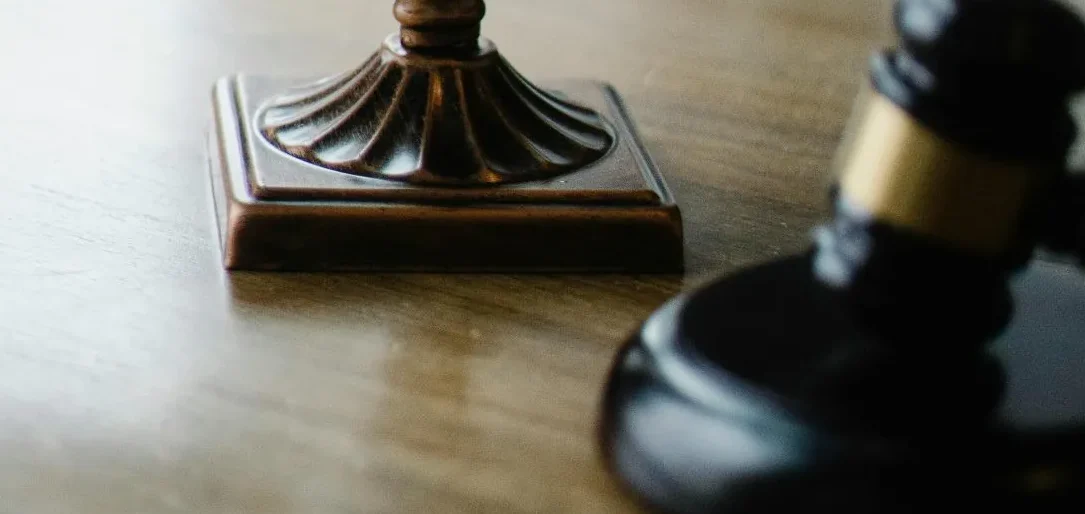Seeking Justice
Affected people have several options for pursuing justice and compensation in the case of water contamination at Camp Lejeune.
- Class action lawsuits, representing a collective of individuals seeking legal remedy, have been brought in relation to this toxic water issue.
- Individual lawsuits can also be filed, focusing on the specific damages suffered by an individual or family.
But for effective legal guidance, it’s best to consult attorneys with experience in environmental law and toxic torts.
Camp Lejeune Toxic Water Lawsuits
Several notable cases arose in the aftermath of the Camp Lejeune issue with toxic water, leading to various outcomes.
One notable case was the landmark agreement between the U.S. and individuals affected by the toxic waters, which allocated $2.2 Billion to compensate affected individuals.
Jerry Ensminger filed a lawsuit after his daughter Janey was diagnosed as having leukemia. She died at nine years old, allegedly because of exposure to contaminated water. Ensminger’s case was instrumental in raising the issue’s awareness and pushing for action.
Key Challenges and Complications in Litigating Water Contamination Cases at Camp Lejeune
Litigating Camp Lejeune Water Contamination Cases can be a difficult and complex process. It may require extensive investigation, legal expertise, and scientific evidence.
Causation or a direct relationship between the contaminated water, and the health problems or damages caused is a major challenge. This often requires the participation of experts in toxicology and environmental health, as well as thorough medical assessments of affected individuals
It can also prove difficult to identify and hold accountable the responsible parties when dealing with government agencies, private contractors, or other entities.
Understanding Eligibility Criteria and Filing Deadlines
To determine your eligibility to file a lawsuit, several factors come into play. This includes:
- The duration and place of exposure.
- Associated health conditions.
- Your relationship to an employee or service member of Camp Lejeune who lived or was employed there during the contaminated period.
It is important to speak with experienced attorneys, who can determine your eligibility for compensation based on your unique circumstances.
Gathering and Preserving Evidence to Strengthen Your Case
Gathering and preserving evidence is essential to building a strong argument in the toxic water case at Camp Lejeune. This evidence could be medical records documenting health conditions you have experienced, or military records proving your attendance at Camp Lejeune.
Other examples include witness testimonies by individuals who can confirm the contamination. Photographs of the conditions at the base and any other relevant documentation establishing a connection between your exposure to toxic water and the harm that results.
The earlier you begin the process, and the more thorough you are in collecting and preserving your evidence, the stronger your case will be.
It Is Important To Seek Experienced Legal Representation
Attorneys with experience are best suited to help you navigate the complexities involved in a toxic-water lawsuit at Camp Lejeune. These legal professionals are experts in environmental litigation, toxic torts and military-related litigation. This makes them well-equipped for these specific cases.
By hiring a legal representative, you will have access to their resources, knowledge, and guidance through the entire legal process. They can evaluate the case, provide advice on how to proceed, gather evidence and advocate for you. The presence of skilled attorneys increases the chances of a favorable result and ensures the protection of your rights during the proceedings.
Overview of the Legal Processes and Potential Outcomes
The legal process in toxic water lawsuits against Camp Lejeune usually involves the filing of a complaint, engaging both sides in the discovery phase, where they exchange evidence, engaging either in negotiations or alternative methods of dispute resolution, and if needed, pursuing litigation at court.
The exact steps and timelines will vary depending on circumstances and applicable laws.












